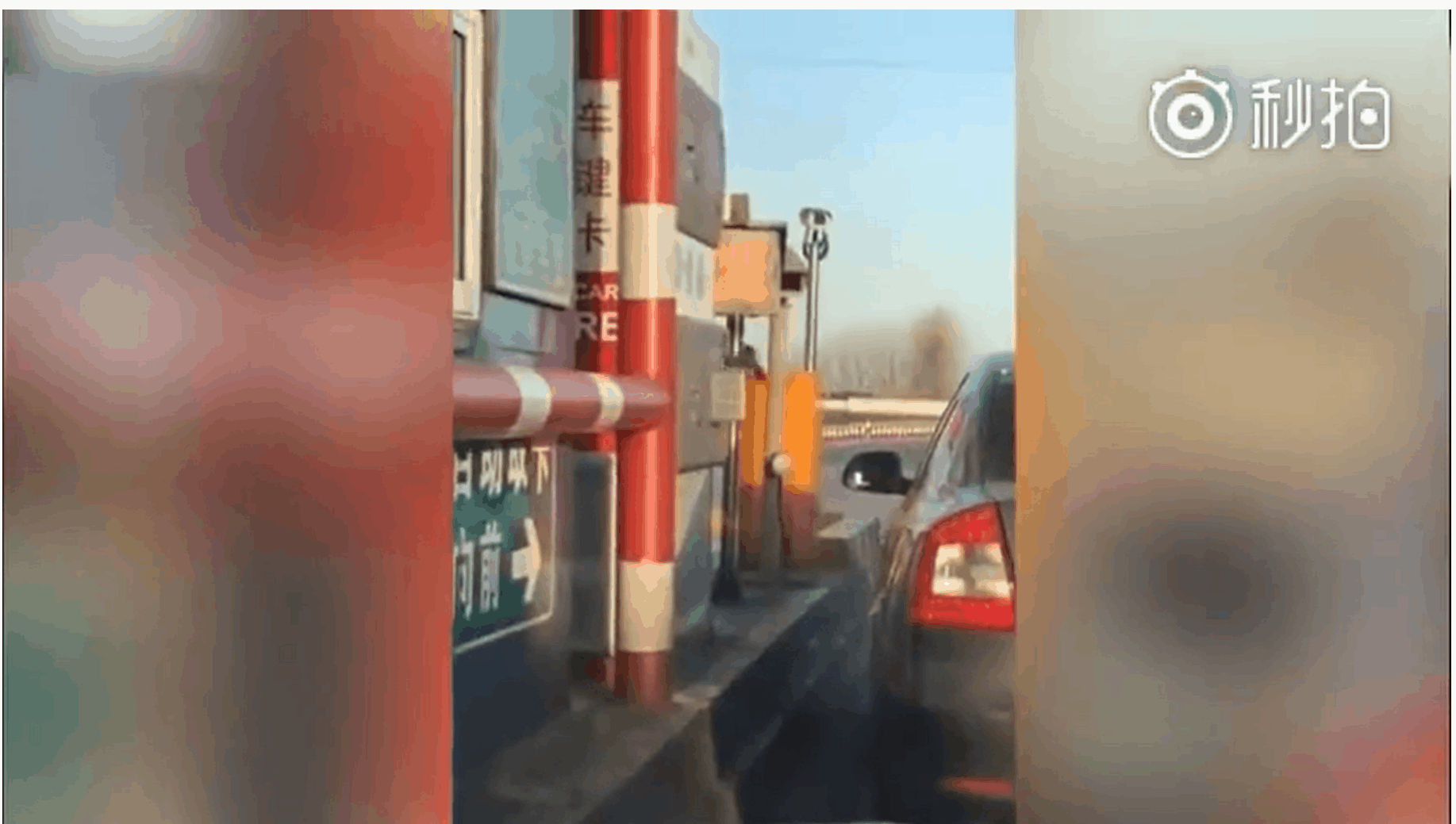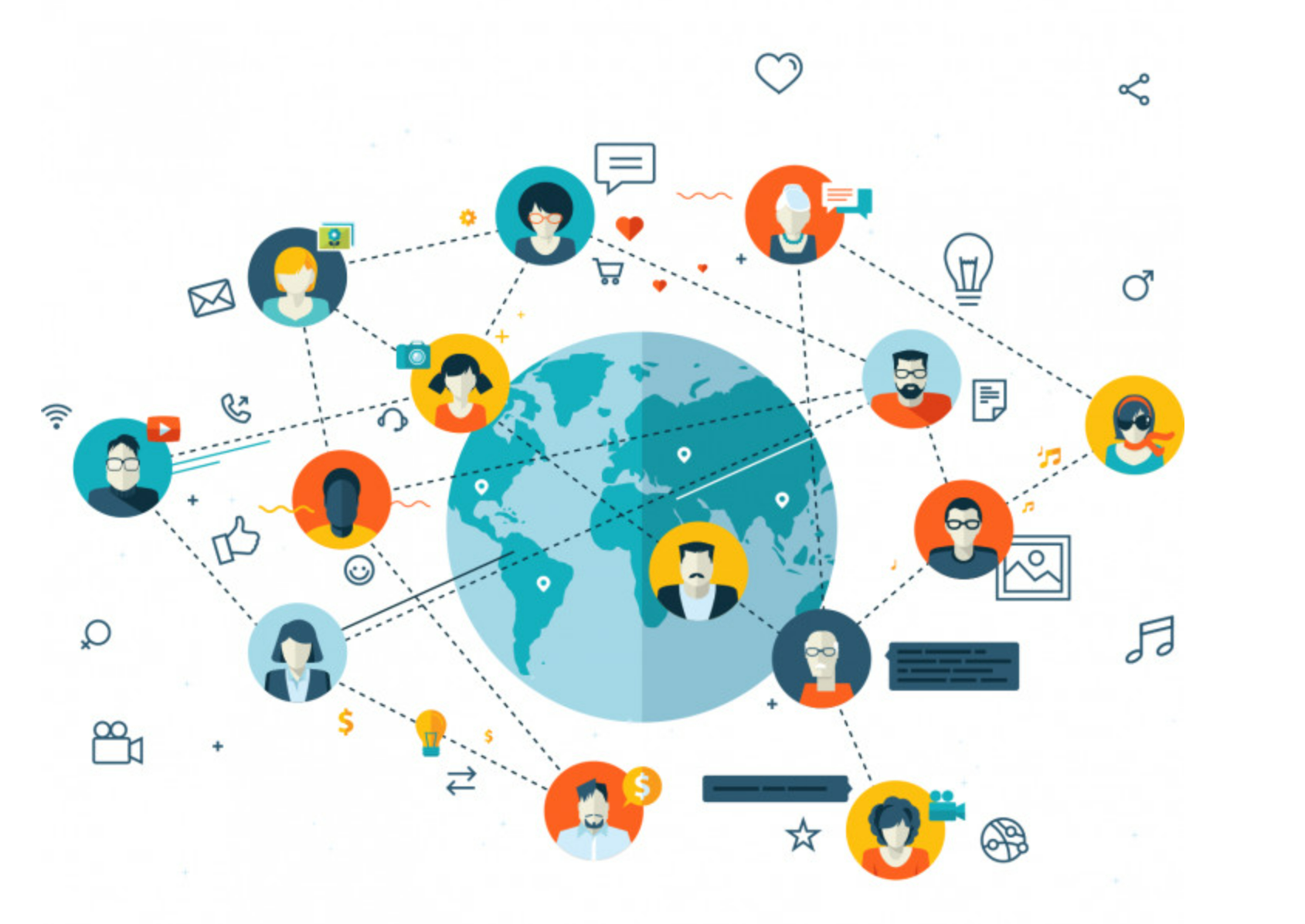Maybe you have heard such a phrase, “Artificial intelligence is actually artificial retardation”. Well, that’s right in my opinion. Take a look at the following gif.

We can find that AI does NOT have intelligence now, that’s why AI is artificial retardation. Actually, AI in recent years is just statistic models, which tries to approximate the potential pattern from big data instead of developing intelligence with learning ability. What AI can do is exactly what we tell them to do. Though in some tasks, existing AI models can achieve fantastic results, sometimes better than human, these AI models are not we expect.
So how to develop a real AI? That’s a extremely complicated problem related to a series of unsolved problems such as the origin of the consciousness. However, we can say that AI must have knowledge. Learning existing knowledge is a necessary step.
Knowledge graph is a great database for AI. It stores facts of real world in the form of triplets $(h, r, t)$, where $h, t$ represent real-world entities and $r$ represents the relation ship between entities. Clearly, knowledge graph is also a graph, which implies the strong expressive ability.

In this way, knowledge graphs store massive knowledge and enable a wide application such as knowledge reasoning, KBQA. For more details, readers can refer to 知识图谱的前世今生 to see why we need knowledge graphs.
As we mention, knowledge graph is a knowledge database, which means the most influential topic of KG is the construction and the application. To the best of my knowledge, KG has following applications:
- Medical Field:
- Drug Discovery
- Medical Knowledge Search
- Treatment Recommandation
- Financial Investment Field
- Security Field
- E-commerce Field
- Dialogue System
- …
Besides these applications, research about the graph theory of knowledge graphs has draw great attention as well. For example, how to reason in the knowledge graph? These theories can give us insights of knowledge graphs themselves, and help to improve them.
My current research topic is knowledge graph reasoning. More specifically, inductive link prediction of knowledge graphs.
THANKS FOR READING…😋